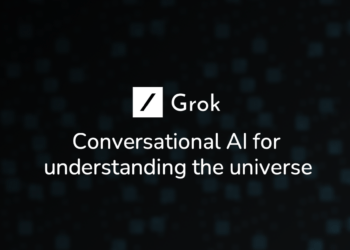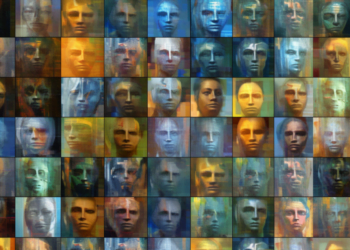The field of artificial intelligence (AI) has expanded meteorically with the proliferation of large volumes of data and the development of sophisticated algorithms. Areas such as machine learning have become crucial in optimizing processes and making decisions based on predictive analytics. However, one of the areas that has raised growing concerns is data privacy. The need to comply with privacy regulations such as the General Data Protection Regulation (GDPR) in the European Union, and the California Consumer Privacy Act (CCPA) creates enormous pressure to develop AI methods compatible with these regulations.
Preserving Privacy through Machine Learning Techniques
Differential Privacy:
A significant approach is the concept of Differential Privacy (DP), a technique that seeks to limit the extent to which outcomes can impact an individual, enhancing privacy by adding “noise” to the data. This methodology ensures that statistical operations performed on the dataset do not reveal specific information about any individual. Recently, research has explored the balance between the utility of learning algorithms and the amount of noise required to meet an acceptable level of DP.
In the case of neural networks, research has investigated how noise can be injected into a network’s parameters – such as in the differentially private stochastic gradient descent algorithm – to obtain robust models that maintain the privacy of the data used in training.
Federated Learning:
Minimizing the Need for Centralized Data
Another perspective for managing privacy is Federated Learning (FL), a training paradigm for machine learning models that minimizes the need to transport or centralize large amounts of data. Here, models are trained locally on users’ devices, and only the updated model parameters are shared with the central server. Implementing FL in the real world faces significant challenges, including data heterogeneity, computational capacity of participating devices, and communication protocol efficiency.
Homomorphic Encryption:
Encryption While Maintaining Data Operability
Homomorphic Encryption (HE) is another technique that allows calculations to be performed on encrypted data without the need for decryption. This can enable data to be stored and processed in the cloud securely without exposing sensitive information. Though HE holds the potential to address privacy issues, its practical application in machine learning has been limited by substantial computational overhead. However, recent advances in HE algorithms aim to overcome these barriers, promising a future where complex machine learning operations can be performed securely and privately.
Case Study: Health and Data Privacy
A Critical Application of Machine Learning with Privacy Constraints
A practical example where we can measure the urgency of safeguarding privacy is in the healthcare sector. Electronic medical records contain highly sensitive information. Using this information to train AI models that can predict diseases or assist in diagnoses has great potential value but poses serious privacy issues. The implementation of techniques like DP and FL in a healthcare context can allow researchers to build powerful models without compromising patient confidentiality.
Challenges and Future Directions
Developing efficient and secure mechanisms for privacy protection in machine learning is an urgent necessity. Current studies need to focus on improving the scalability and efficiency of existing techniques, as well as on developing new methodologies that allow for the construction of more robust models without compromising privacy.
Research into model distillation methods, where a more complex and potentially more invasive privacy-wise model trains a simpler and less risky one, is emerging as a promising area. Analyzing trade-offs between privacy and model performance continues to be a central dilemma, driving the search for innovative solutions that do not undermine the ability of machine learning models to perform critical tasks.
Finally, the interaction between data science and other fields such as ethics and law creates a multidisciplinary context for AI governance. Collaboration among technicians, lawmakers, and affected sectors is imperative to develop standards and best practices that adequately incorporate privacy concerns into the next generation of intelligent systems.






















